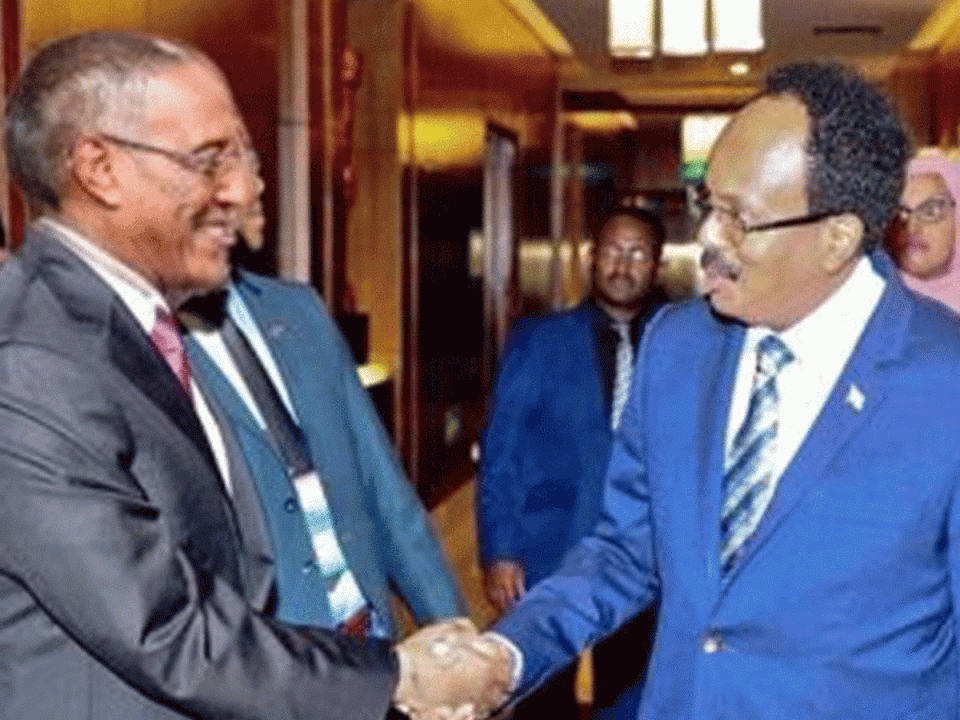This week, the leaders of Somalia and the self-declared Republic of Somaliland held talks in Djibouti to discuss the future of their relationship.
Somaliland is a former British protectorate, and joined Italian Somaliland in 1960 a few days after gaining independence from Britain to form the Somali Republic. In 1991, it declared independence from Somalia when the last effective central government in Mogadishu collapsed. Although it fulfilled key conditions for statehood, no country recognises Somaliland as an independent nation.
Somaliland wants to remain independent, but Somalia wants Somaliland back.
The two sides have met before on several occasions to resolve their differences but none of the issues agreed were implemented. Some progress have been made in the Djibouti summit: a technical committee was set up to find solutions to contentious issues such as air space management and development aid, among others.
For thirty years, Somaliland has been building a country, wholeheartedly, and it will be very difficult to persuade Somalilanders to reunite with Somalia. Somaliland will try to do everything it can to gain recognition while Mogadishu will do everything in its disposal to making sure it remains part of it: politicians in Mogadishu promising to unify Somaliland with the rest of Somalia every election circle.
Relations between the two remain tense. International actors are leading efforts to revive dialogue between the two sides, Djibouti being the latest.
To avoid any kind of confrontation, the two sides should adopt the ‘one country, two systems’ model.
There should be one Somalia, but Somaliland should be allowed to retain its own economic and political systems, but under the sovereignty of Somalia. It should continue to have its own governmental system, legal, economic and financial affairs, including trade relations with foreign countries, all of which are independent from those of Somalia, but the government in Mogadishu maintains control over Somaliland’s foreign affairs and defense.
The ‘one country, two systems’ will give Somaliland a high degree of autonomy; it will have its separate way of governance and independent legal systems, its own police force, central bank, while being part of Somalia, but under the sovereignty of Mogadishu.
Somaliland has its own police, military, currency, holds presidential elections regularly, and its political system is different from the rest of Somalia. The ‘one country, two systems’ is already in place. Hargeisa needs to relinquish foreign affairs and defense to Mogadishu, and the two sides should reach an agreement to formalize this.
The article first appeared on The Frontier

